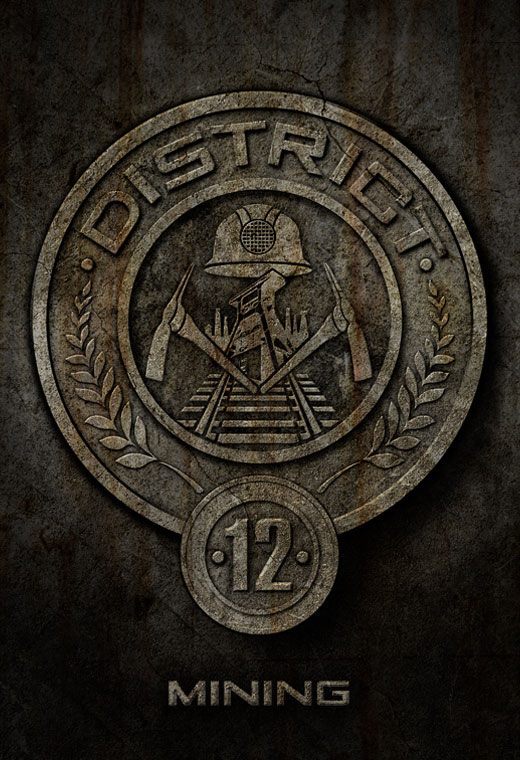I try (doesn't look that I was very succesful) to shorten my replies from now on. It's not because you wouldn't deserve more thorough replies but because these discussions occupy me way too much. The reason I try to steer away from these in the first place is that once in I can't stop thinking about them almost 24/7. And yes, political discussions even interfere with my sleep (I lie awake thinking the arguments both ways). It's not healthy, and I know it.
I can relate. We'll just wrap this up now, then.
Yes, context matters like that. What I disagree with, is the idea that the ethnicity of the speaker can automatically create a context that makes the word offensive.
I'm not sure why. Even if you don't like the reclamation of the word, you are
aware of the idea, and anyone aware of the idea understands that it signals a different intent. And that's all words are: signaling an idea or intent.
I find you generally thoughtful, which is why I'm harping on this: because I think it is a very uncharacteristic position. I don't think it holds water. It seems like a cheeky way to question the wisdom of reclaiming the word, but goes too far in pretending not to understand how context changes intent, and therefore logically changes reaction.
I think we're still thinking "should" and "must" differently. You associate "must" with action. Your "must" is legal (or forceful) enforcement of something. My "must", on the other hand, is just a demand to comply. My "must" isn't defined by the power to enforce.
Yeah, obviously this is a miscommunication, but hopefully it's clear now.
For a free society to function, we need to be
allowed to do things, but we also need to choose not to do most of them. If we did all the worst things that were legal, society would break down. Society, in other words, extends beyond law, and social pressure is crucial to freedom, even if it's possible for it to go too far. Even that is preferable to more laws, which is the alternative.
Let's use the petition I mentioned as an example. The petition demands Redskins to change their name. Is a person signing that petition satisfied if the change doesn't happen? I don't think so. The whole point of the petition is to have the name changed. It's not "Redskins should consider if they'd like to change their name". To me, that is a "must" stance from the individuals signing the petition. There's only one satisfying outcome.
I see. To me, it's still not a "must" because it's not a
must that they be satisfied. The "must" is from the perspective of the person being asked to change. It can be a "must" for the person demanding, in terms of their satisfaction, but if their satisfaction is not crucial to me, it won't be a "must" for me.
That clears up some things. I still don't understand why you seemed to be against asking "them" (in this case Native Americans). If, as you said that polls suggest, they aren't offended why would it matter if you, me, or anyone else thinks it would be reasonable for them to be?
I am not against asking. I'm against using a simple majority to make the determination. If 49% of Native Americans are offended by it, that seems more than sufficient.
And here's that difference in a nutshell. You associate "must" with laws while I don't.
Yes and no. Must is legal, in a purely technical sense. My reading of it is therefore the more straightforward: following the law is not optional, pleasing or satisfying others is, therefore it's not a "must" if people "demand" in a way that only uses their disapproval as implicit threat. But I concede that it's possible for a society to be hostile to free speech (and freedom in general) with culture and censure alone.
The whole topic of freedom is extremely difficult (in my opinion). Sometimes I feel that humanity isn't ready for freedom, and it's too often used to destroy and corrode itself. The problem is that cancel culture, boycotts, etc. are expressions of freedom and it's difficult to logically argue against them yet still they diminish the freedom itself.
Indeed, it's very tricky. My inclination is that all that stuff is indeed part of speech, and that while it will be messy (and sometimes even very bad), it beats the alternatives. I also have faith we'll "figure it out" eventually.







 )
)







 incorporated this story and it was the plot for the 2nd Captain America movie: Winter Soldier (2014).
incorporated this story and it was the plot for the 2nd Captain America movie: Winter Soldier (2014).